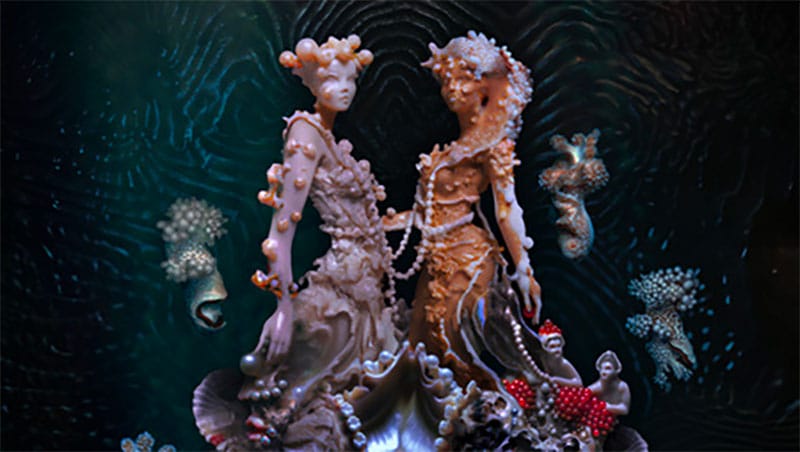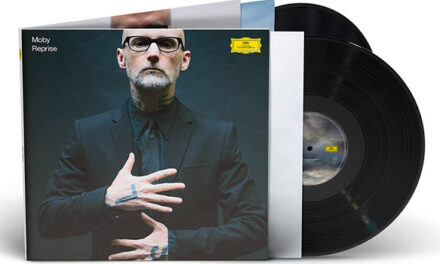Björk has joined Iceland’s fight against Norwegian-owned commercial farming operations that threaten to disrupt native ecosystems
Björk releases “Oral,” with Rosalía. A song that dates back two decades. She wrote the song between 1997’s Homogeneic and 2001’s Vespertine, but she felt the track wasn’t a good fit for an album. In the years that followed, she’d occasionally remember the song’s melody, but not the title, and she couldn’t find it in her tape archives. She just put it on salt.
In March, however, the title came back to Björk when she saw the word “oral” in a CNN news chyron while she was on tour in Australia. The same month, a report arrived about the devastating impact of poorly regulated, Norwegian-owned commercial salmon farming operations on Iceland’s native ecosystems. Full of parasite-ridden fish that are genetically different from Icelandic salmon, the open-net pens located near Iceland’s fjords have been a particularly grave environmental threat. The fjords are among the country’s most prized natural treasures, salty safe havens for a vast array of flora and fauna that support a larger marine ecosystem encompassing whales, birds, foxes, and seals. Björk’s connection to the cause clicked with immediate serendipity, and, in September, her sense of urgency worsened when one company discovered that 3,500 fish had made their way out of its pens and into the fjords.
Feeling the need to get into the fight, she found the tape.
“I programmed the original beat, and I was sort of going for some sort of a dancehall mood. When I was listening to the track, I was like, ‘Hmm, Rosalía,’ her last album was sort of experimental reggaeton. I can really imagine her voice inside this. That’s a better way to get a guest vocalist, who represents now, and there’s this tunnel into the past, us having this kind of conversation,” the pop star shares.
She continues, “I’ve known her for a few years, so I just texted her, and she immediately said yes, before even having heard the song. I think Rosalía was also wanting to support the cause. I told her about the fish farming, and we’ve been chatting about it. We translated the press release into Spanish because it’s a huge problem in Argentina and Chile. I’m hoping it will somehow encourage people in all these other countries to do something.
“Obviously, I was not thinking about salmon when I wrote the song. There are other songs, for example—“Declare Independence,” I wrote for the Faroe Islands and Greenland. I wanted to challenge this kind idea of what a protest song is. I like the fact that it’s happy. We are focusing on the solutions, to give people a voice. If we get more money than just for this court case, we are also going to go into all the legislation, and more into the infrastructure of Iceland’s legal system [about] how we can have strict regulations here. We also understand that this is not a sprint, this is like a marathon. This might take five years, so who knows? One of the reasons why I picked this case is because it is still possible to stop the mutant Norwegian salmon. It is still possible to get our fjords back.”
The proceeds of the song will go to the fight against fish farms in Iceland, an industry that has had an enormous impact on Iceland’s ecosystem.





